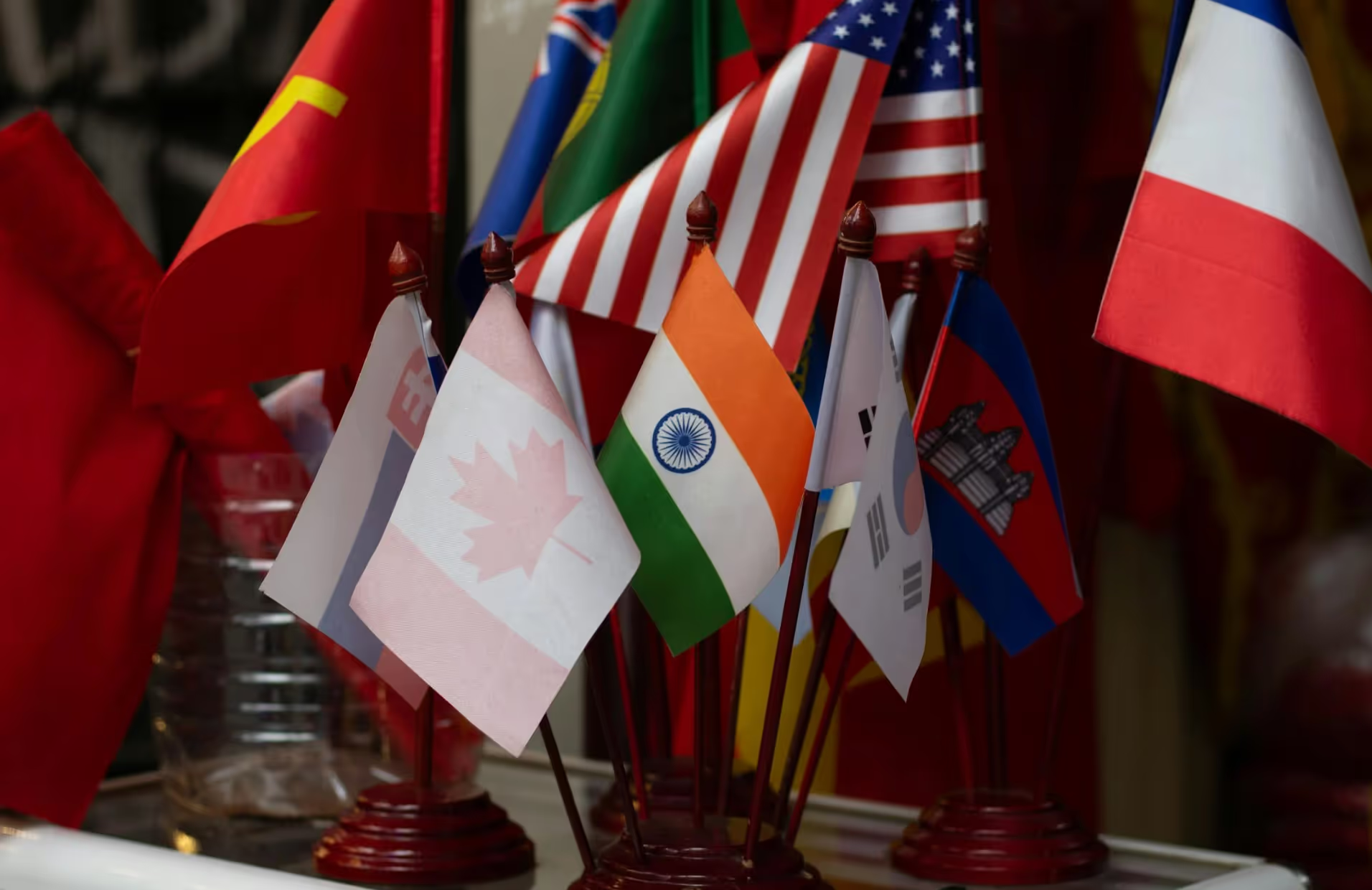We Are A Leading UK Commercial Energy, And Sustainability Consultancy
Geopolitical Factors and Market Volatility
How global conflicts and supply risks are shaping UK gas prices. Even with the prospect of ceasefire talks, intermittent escalations keep traders on edge
20+ Years Experience
A trusted industry leader working for a diverse range of commercial customers.
20+ Years Experience
A trusted industry leader working for a diverse range of commercial customers.
20+ Years Experience
A trusted industry leader working for a diverse range of commercial customers.

Geopolitical events remain a major source of volatility and risk in the energy market.
Russian Gas Supply to Europe:
While the UK has minimal direct reliance on Russian pipeline gas (there are no direct pipelines), disruptions in the broader European gas network or geopolitical escalations involving Russia and the EU tend to send ripples across continental markets. Even intermittent escalations or threats can unsettle traders.
Impact: Further restrictions or cutoffs of Russian gas would intensify competition for alternative sources like LNG, pushing hub prices higher across Europe - which in turn would affect UK wholesale gas & power prices given market integration.
Middle East Tensions:
Recent instability in the Middle East has directly influenced wholesale gas prices. Although the UK imports little gas from the region, any disruption in oil or LNG supply routes tends to reverberate through global commodity markets, influencing pricing at trading hubs that also shapes UK prices.
Recent Events:
In Q3 2025, escalation between Israel and Iran sent shockwaves through global energy markets. Fears of a potential closure of the Strait of Hormuz, a critical route for liquefied natural gas (LNG), were enough to inject a "fear premium" into wholesale markets, even though actual shipping disruption was limited.
The ultimate impact for the UK and Europe depends heavily on whether threats materialize into real disruptions, how long they last, and how responsive the global LNG network is in supplying displaced volumes.


Speak With Us
We understand the complexities of navigating your energy, book in a time to speak with us below
Book A Consultation



